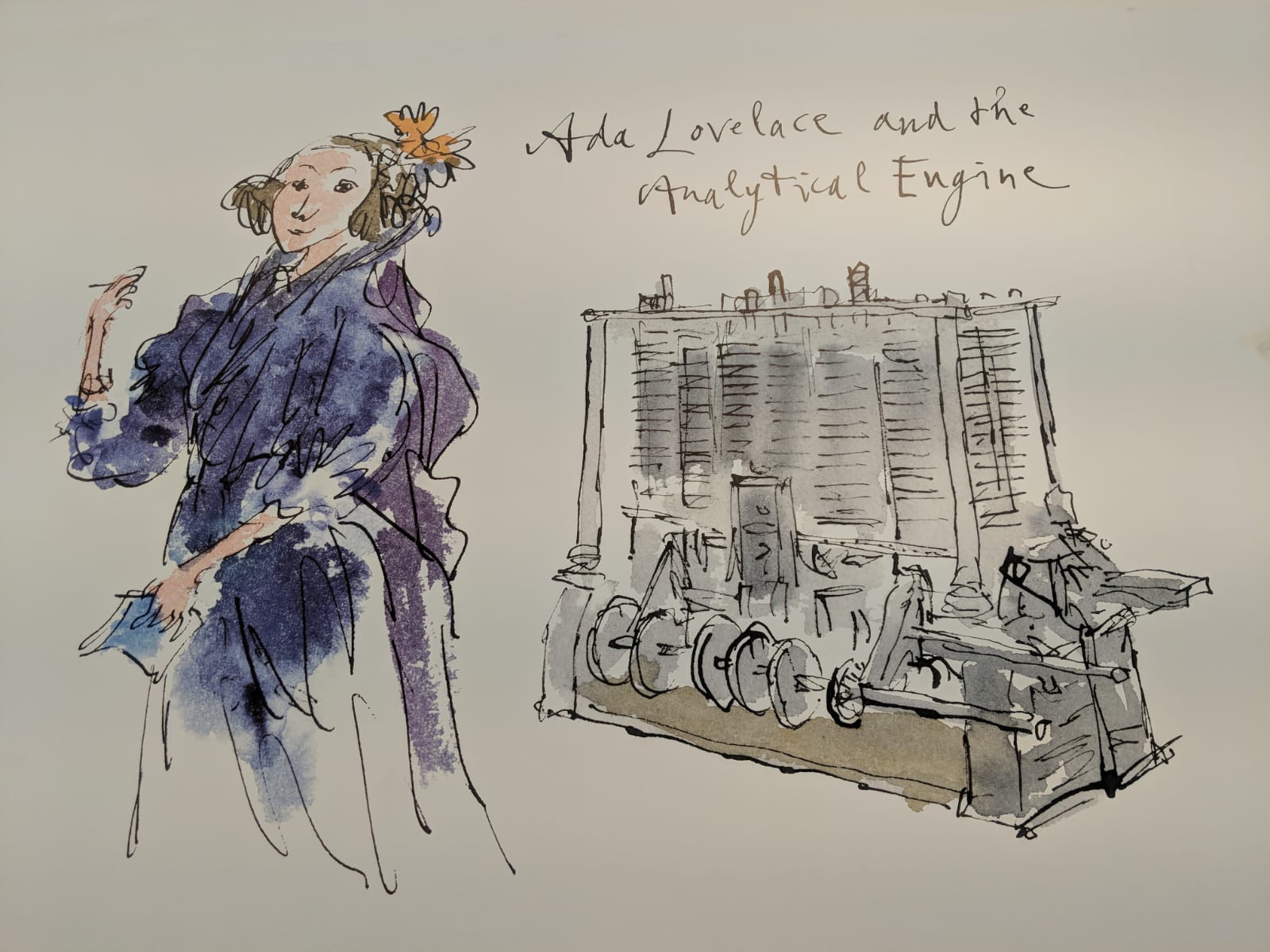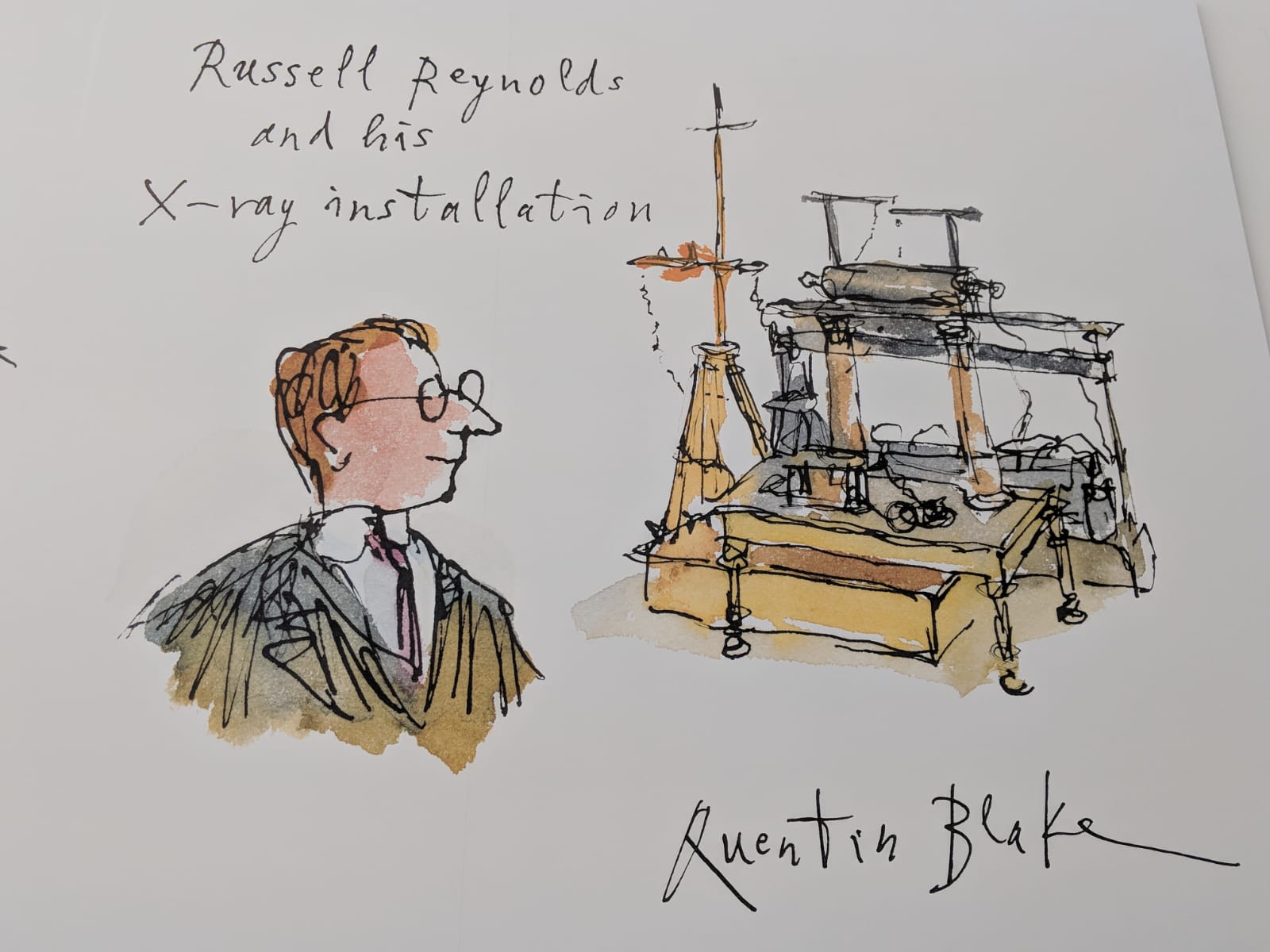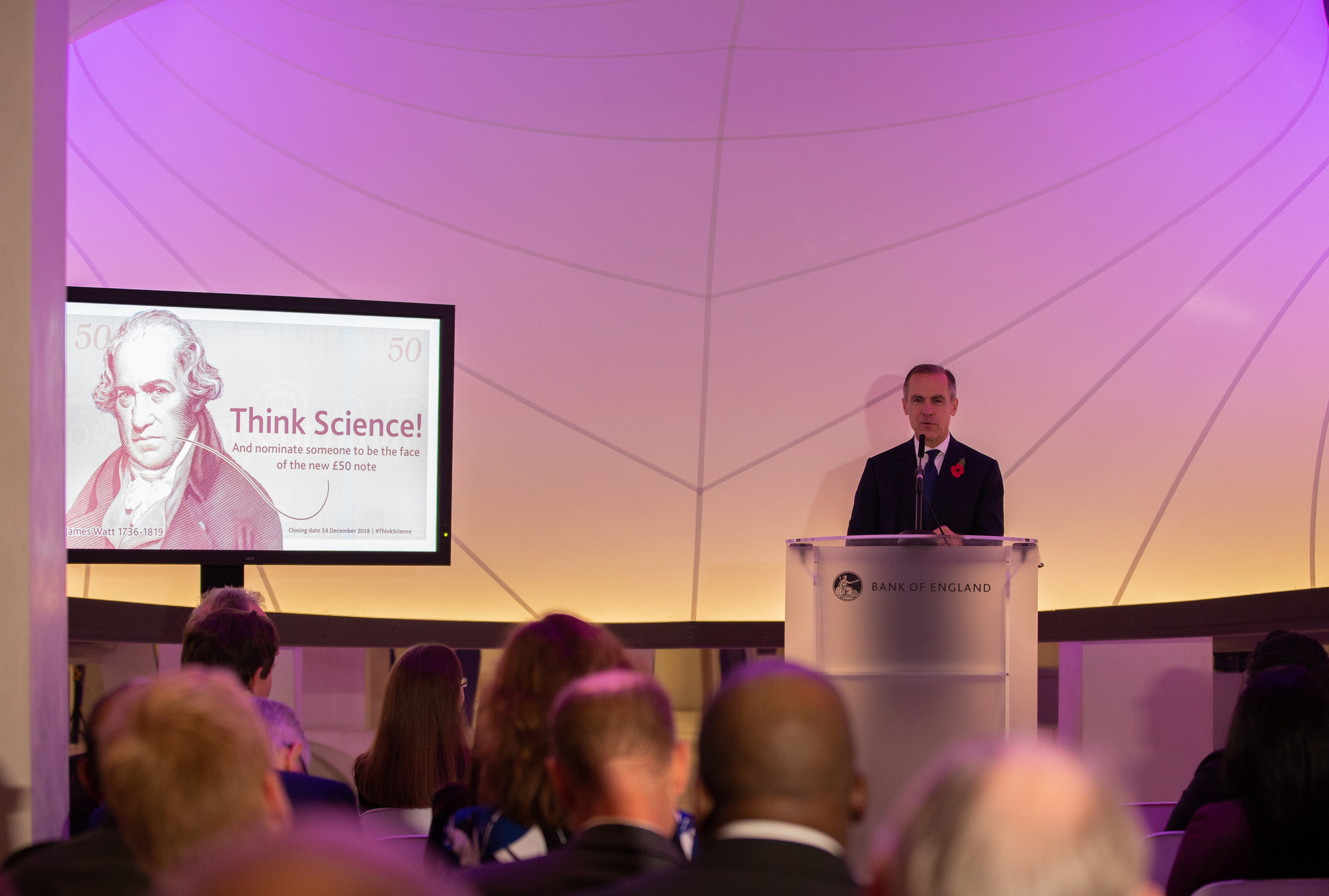‘Think creatively and think widely about what science means’.
This was the clarion call to the public from economist Mark Carney during an event at the Science Museum to launch the character nomination period for the latest polymer note.
Members of the public have six weeks to put forward historical characters who contributed to science and influenced UK society.
Describing the nominations as ‘an opportunity to celebrate the diversity of UK society’, the Governor pointed to the ‘huge heritage in the Science Museum and in this country’ of scientists and scientific discoveries.
Welcoming the Governor to the stage in Mathematics: The Winton Gallery, Science Museum Group Director Ian Blatchford pointed out that not only did the museum celebrate great scientific achievements, it also marked the heritage of monetary policy – including the Phillips Economics Analog Computer, which was developed in 1949 to demonstrate the circular flow of money within the economy and is now on display in the Mathematics gallery.
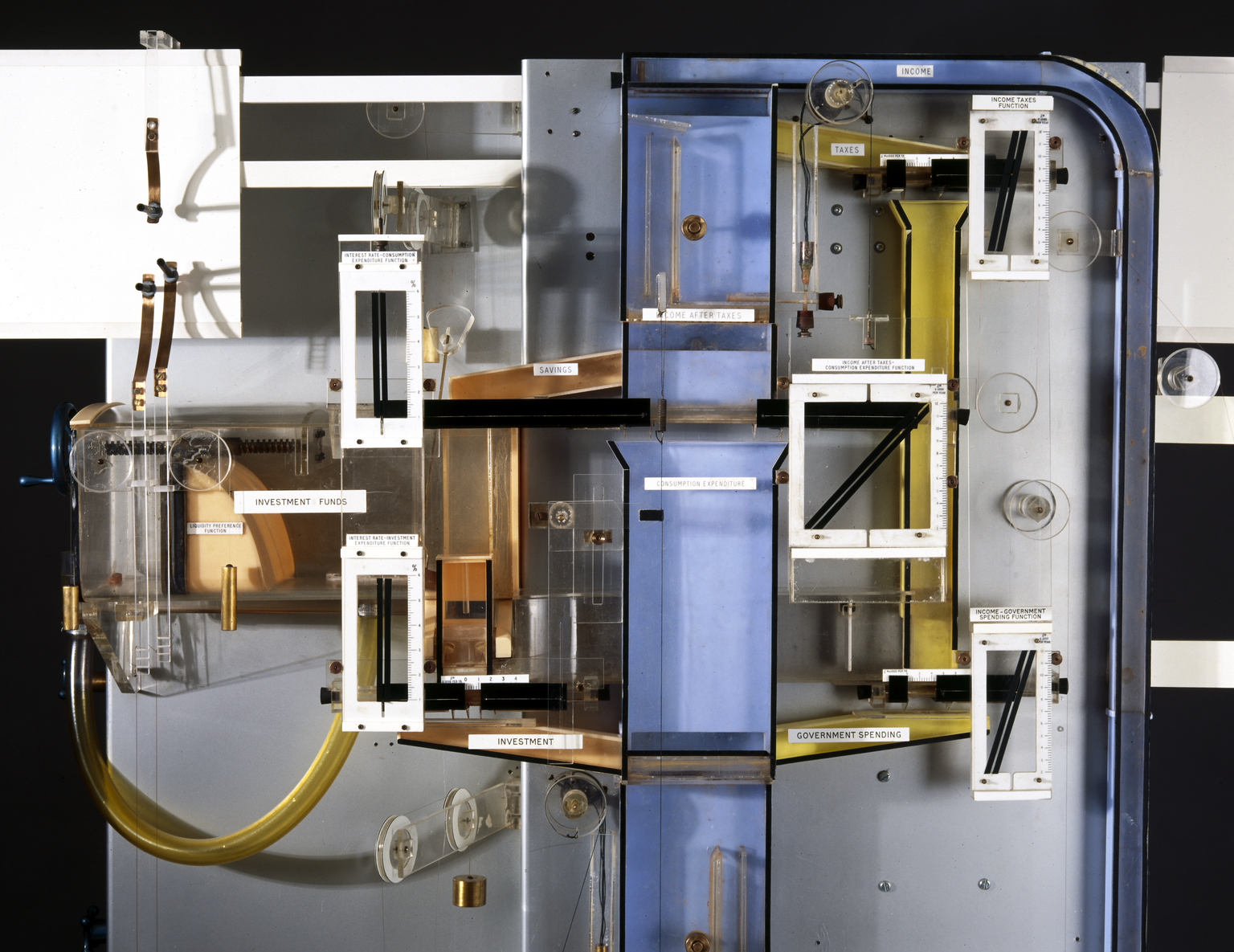
The audience, including Britain’s first astronaut Helen Sharman, also heard from space scientist Dr Maggie Aderin-Pocock who – along with Dr Emily Grossman, Professor Simon Schaffer and Dr Simon Singh – will join Bank representatives on a committee to create a shortlist from names put forward by the public for the new note.
Dr Aderin-Pocock said, ‘I’m hoping to see nominations from a diverse and wide group’ and pointed out the importance of inspiring the next generation to tackle the ‘deficit of scientists and engineers’ in the UK. Her own ‘crazy dream’ of a career in space science had, she pointed out, been inspired by childhood visits to the museum.
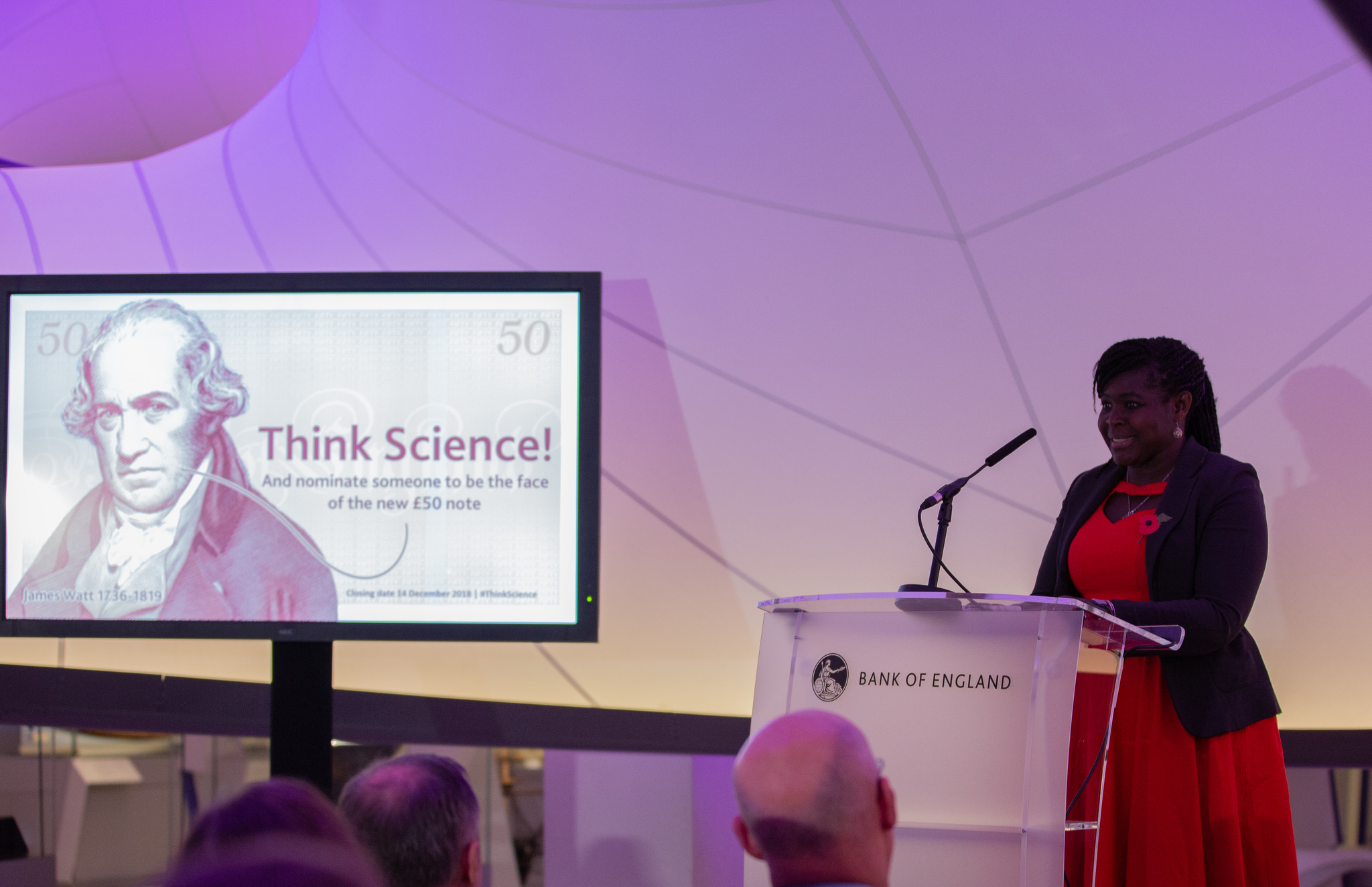
‘I used to come her regularly and see all the amazing science and tech displayed here’ said Dr Aderin-Pocock. ‘It gave me the desire to aspire to be a space scientist.’
The Governor was questioned about the requirement for nominees to be dead. He said it was important to celebrate the great women and men of previous generations to help people understand ‘the foundation that innovation leads to innovation and progress leads to progress’.
Mr Carney said current technological advances were key to developing bank notes, from fraud prevention measures, to features to help partially sighted people and material advances that reduce the carbon footprint of notes.
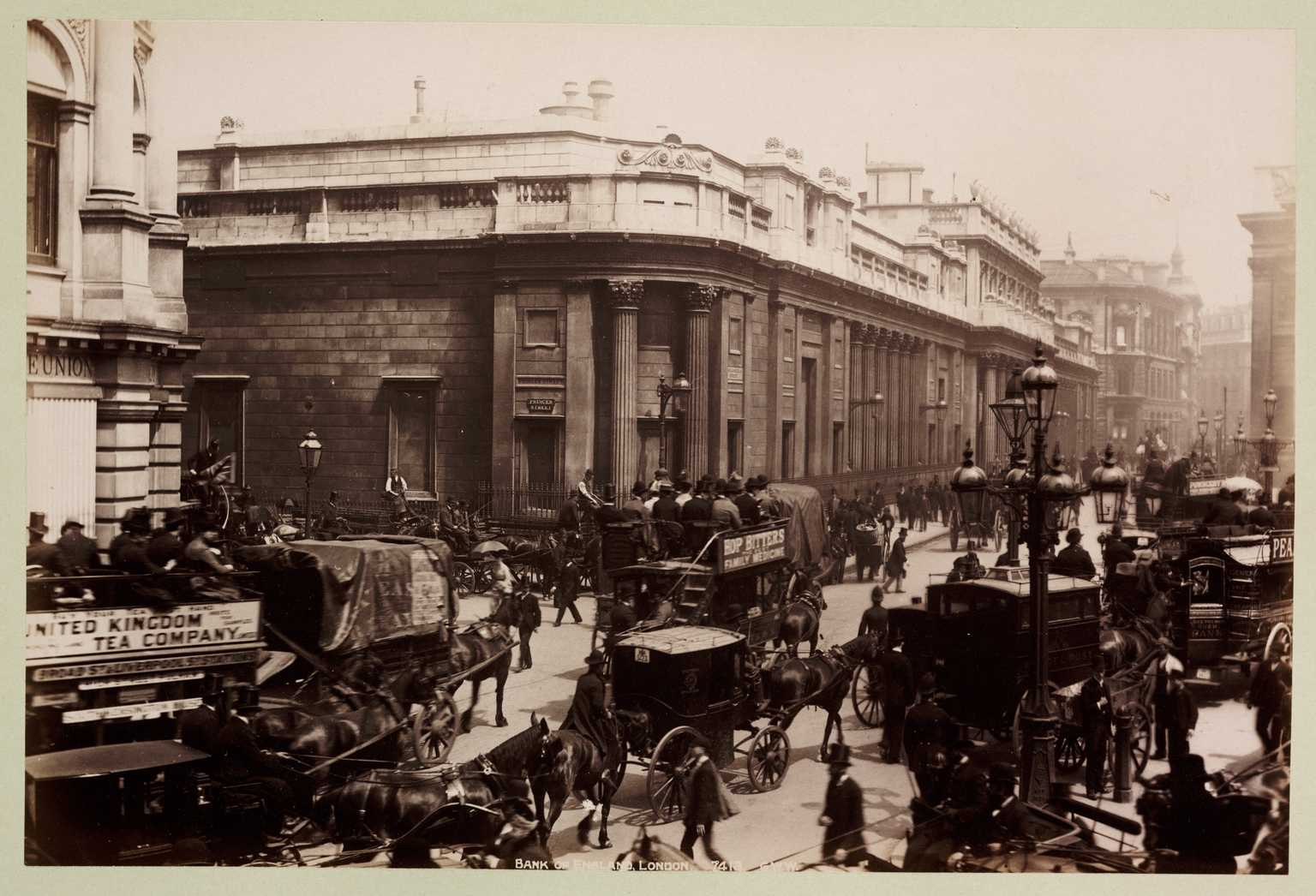
Nominations for the new £50 note can have worked in any field of science including astronomy, biology, bio-technology, chemistry, engineering, mathematics, medical research, physics, technology or zoology.
Once nominations close, the Governor will make a choice from the shortlist and the final decision will be announced in 2019 alongside a concept design for the new note.

The announcement prompted plenty of early nominations on social media including Stephen Hawking (suggested by Prof Brian Cox and many others), Dorothy Hodgkin, Alan Turing and Ada Lovelace. The public can make their nominations on the Bank’s website until 14 December.
Inspiration for nominations can also be found in twenty new illustrations from the world of science and technology by artist Quentin Blake, which are on display in the museum.
